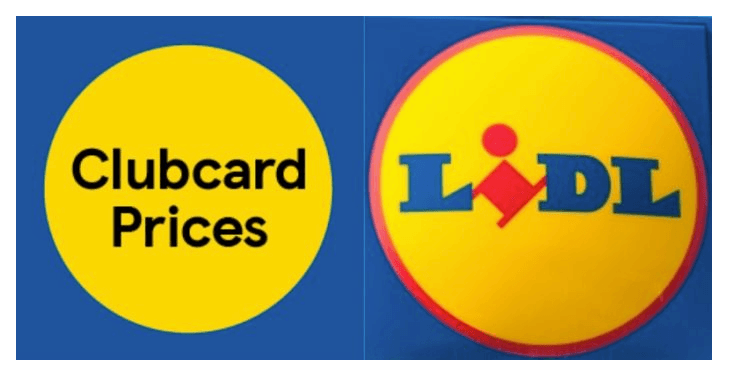The chances of success when registering a wordmark or a logo as a trademark are generally influenced by several factors, and it's difficult to make a definitive statement about which one has a higher chance of success. The outcome depends on various considerations, including the distinctiveness and uniqueness of the proposed mark, its similarity to existing trademarks, the specific goods or services it will be associated with, and the jurisdiction in which the application is filed.
Wordmarks, which are trademarks based solely on textual elements such as brand names, slogans, or product names, can have a higher chance of success if they are distinctive and not commonly used in the relevant industry. Unique and coined terms tend to be stronger from a trademark perspective, as they are less likely to conflict with existing marks. Descriptive or generic terms are generally weaker and may face more challenges during the registration process.
Logo trademarks, which protect the visual design elements of a brand, have their own set of considerations. A logo with a distinctive and unique design is more likely to receive favorable consideration during the registration process. However, if the logo contains generic or common elements, or if it closely resembles existing logos in the same industry, the chances of encountering potential conflicts and facing registration hurdles may increase.
To improve the chances of success, regardless of whether registering a wordmark or a logo, it is advisable to conduct a thorough search beforehand to identify any existing trademarks that may pose obstacles.






